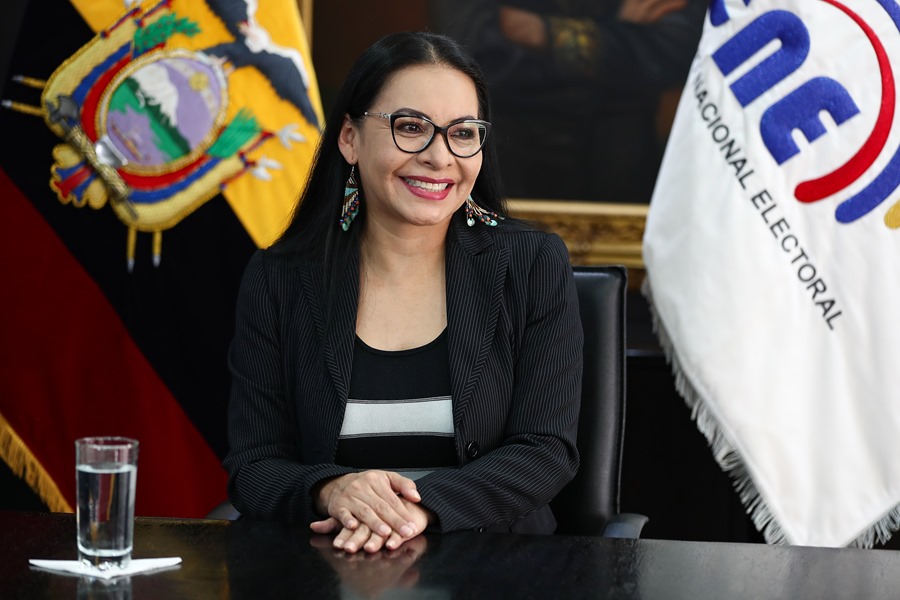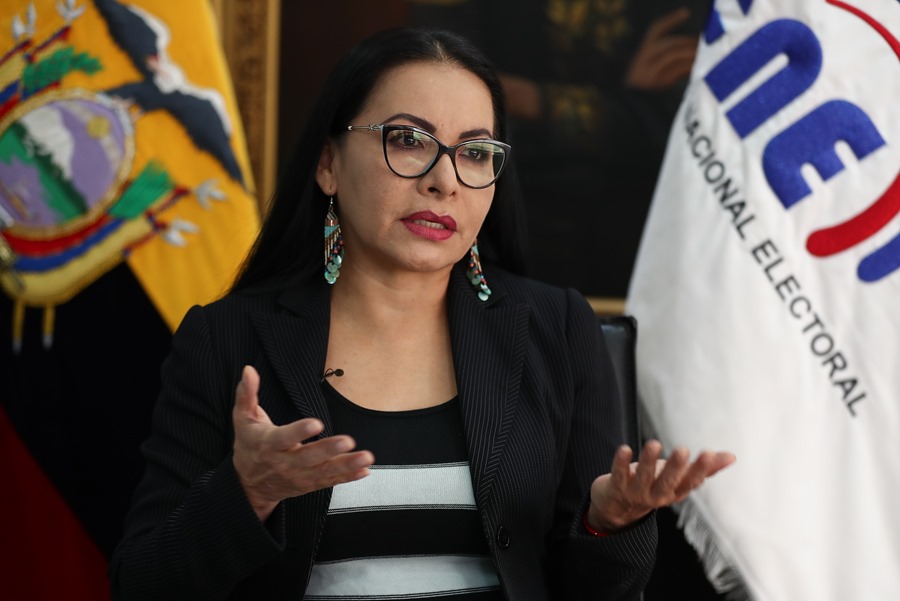Quito (EFE).- The National Electoral Council (CNE) has asked the Constitutional Court (CC) to defer the date for the Yasuní Environmental Popular Consultation, in order to unify it with the extraordinary elections, in which the Executive and Legislative, and that can take place on August 20.
This was decided by the plenary of the CNE in the ordinary session of this Monday, in which it approved the report prepared by the technical areas, which recommends carrying out all the necessary steps before the CC, in order to carry out, on a single date , the suffrage of the electoral processes of “Presidential and Legislative Elections 2023” and the “Popular Consultation of Yasuní”.
Tentative dates
The president of the CNE, Diana Atamaint, has indicated August 20 as the tentative date for the first round of the early general elections, after the head of state, Guillermo Lasso, asked last week to call elections after dissolving the National Assembly (Parliament).
If a second round is necessary, it would take place on October 15, according to Atamaint’s forecasts, but the electoral calendar must still be approved by the plenary session of the CNE, an institution that has until next Wednesday to call elections.

The Constitution indicates that the head of state must take office on May 24, but Atamaint commented that this does not apply to early elections, so he speculated that Ecuador could have a new government at the beginning of November, which completes the period for the one who was elected Lasso (2021-2025).
Candidates
Ecuador arrived at the extraordinary electoral process after Lasso cited a “serious political crisis and internal commotion” to apply the so-called “cross death”, for which he dissolved Parliament and called for early elections to be called.
Meanwhile, and by Constitutional order, the conservative Lasso will govern through decree-laws and it will be the Constitutional Court that endorses or not those related to economic issues.
The CNE president indicated that, if they meet the legal requirements, Lasso and the ousted legislators can run in early elections, but this is not considered re-election.
For their part, movements and political parties make contacts and advance in the definition of pre-candidacies.
So far, one of the names that sounds like a possible candidate is that of former assemblyman Fernando Villavicencio, who offers to fight against mafias and corruption.

Although the names of pre-candidates for the Executive have not yet been made public, the extraordinary elections will find the political movement of former President Rafael Correa (2007-2017) at its best, having remained the main political force in the country in the local elections last February. .
“Outsider”
On its side, the opposition Social Christian Party (PSC) has declined its aspiration to the Presidency and has accepted the “civic invitation” made by Jan Topic, who – without political affiliation – seeks to position himself on the electoral board and has invited citizens and political organizations to be part of his project as a presidential candidate.
Economist and international security expert, Topic posted a video on his social networks on Sunday in which he claims to have fought as a soldier in Ukraine, Syria and Africa, and, at a time when one of the greatest concerns of Ecuadorians is insecurity, he highlighted who seeks “an Ecuador without fear.”
Another of the names that sounds like a possible candidate is that of Otto Sonnenholzner, former vice president in the Government of Lenín Moreno (2017-2021).
Likewise, that of the former presidential candidate, Yaku Pérez, who is holding meetings with social organizations to define a position and has not ruled out dialogues, “thinking about the country”, with the president of the Confederation of Indigenous Nationalities, Leonidas Iza, whose name also sounds as presidential.






